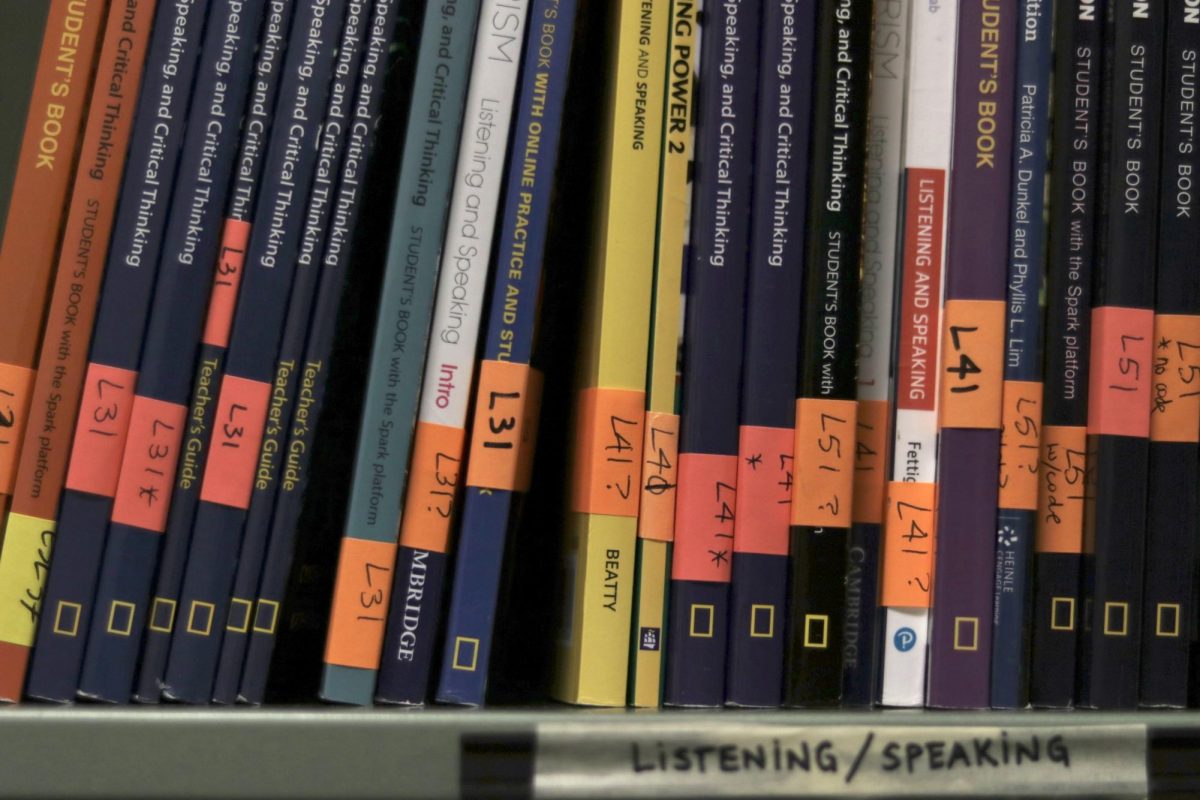Online class provider, Coursera, provides free courses that don’t transfer.
Late priority for enrollment. A student body competing for limited class slots. Costly tuition. Classes cancelled for lack of interest. It is clearly getting more difficult for students to get the classes they need for their degrees.
A beacon of light in this closing darkness is online courses. Students can, through the portal of the Internet, reach across the world and take courses without regard for location, or even schedule.
The current big name is a website called Coursera, which offers over 300 courses, from 62 schools, spanning 20 disciplines. It offers five-week courses, taught through video lectures, suggested reading lists, and online tests, divided per week and are completely free.
Because lectures are all videos, and quizzes and lectures stay open for the entire length of the course after opening each week, students can learn at their own rate (though quizzes do have deadlines).
Unfortunately, Coursera courses, by in large, do not award credits. Instead, they grant “Certificates of Accomplishment,” which are specifically not allowed to stand for credit at other institutions by the Terms of Use.
This means they cannot be used as units for ARC degrees or General Education. However, earlier this month, five courses were chosen by the American Council on Education’s College Credit Recommendation Service (ACE Credit) to be recommended for granting credits.
The courses are Pre-Calculus, Introduction to Genetics and Evolution, Bioelectricity: A Quantitative Approach, Calculus: Single Variable, and Algebra. A student who takes one of these courses can then take an online proctored exam through ProctorU to receive credits.
“Generally, for students who take online, or any course for that matter, at an accredited institution could get general education credit at ARC,” says ARC counselor Reyna Moore. “If we’re unsure about the college or course that you took, we ask you to bring in a course description or syllabus to help us match it up with one of our courses.”
The requirement for a college’s course units to be transferrable is that the college needs to be accredited by a regional accrediting organization.
The courses which have been recommended for credit are accredited and the units would transfer to ARC. Coursera is seeking similar recommendation for more courses, but many colleges partnered with Coursera are international colleges, therefore, not every course will be from a regionally accredited college.
Even if Coursera does not allow students to acquire units to transfer to their college, there is a preponderance of other online colleges and colleges which offer courses online. Even the Los Rios Community College district offers online courses with the benefit that these courses automatically transfer.




















